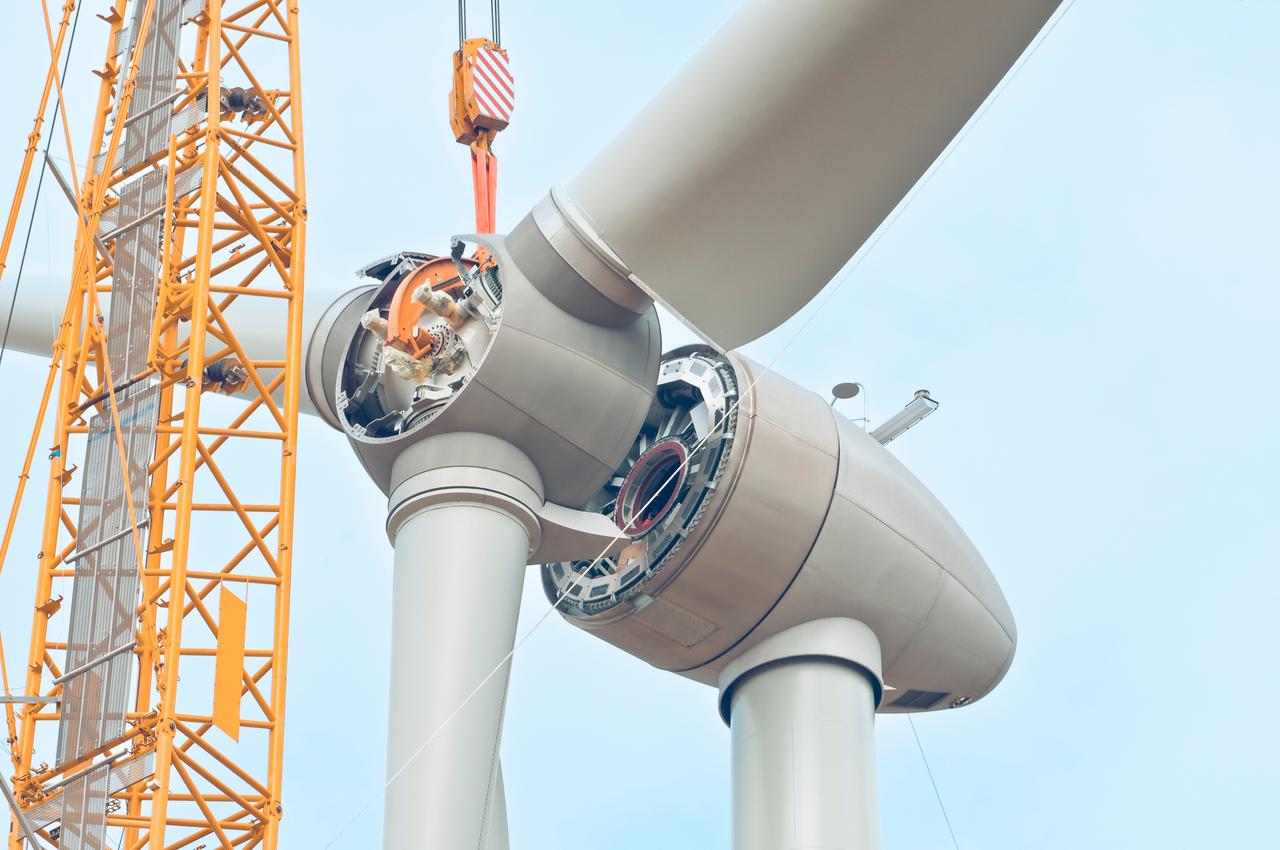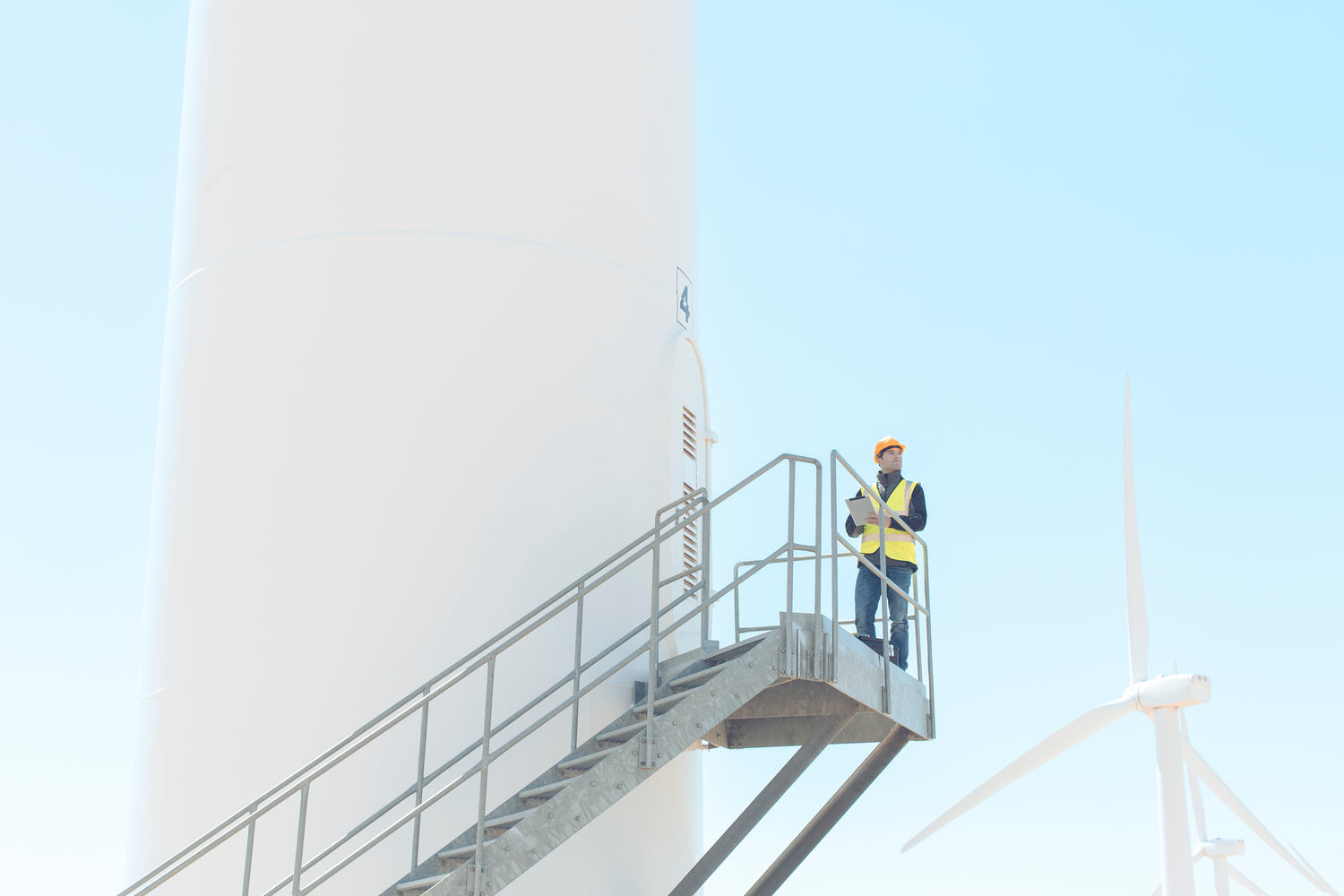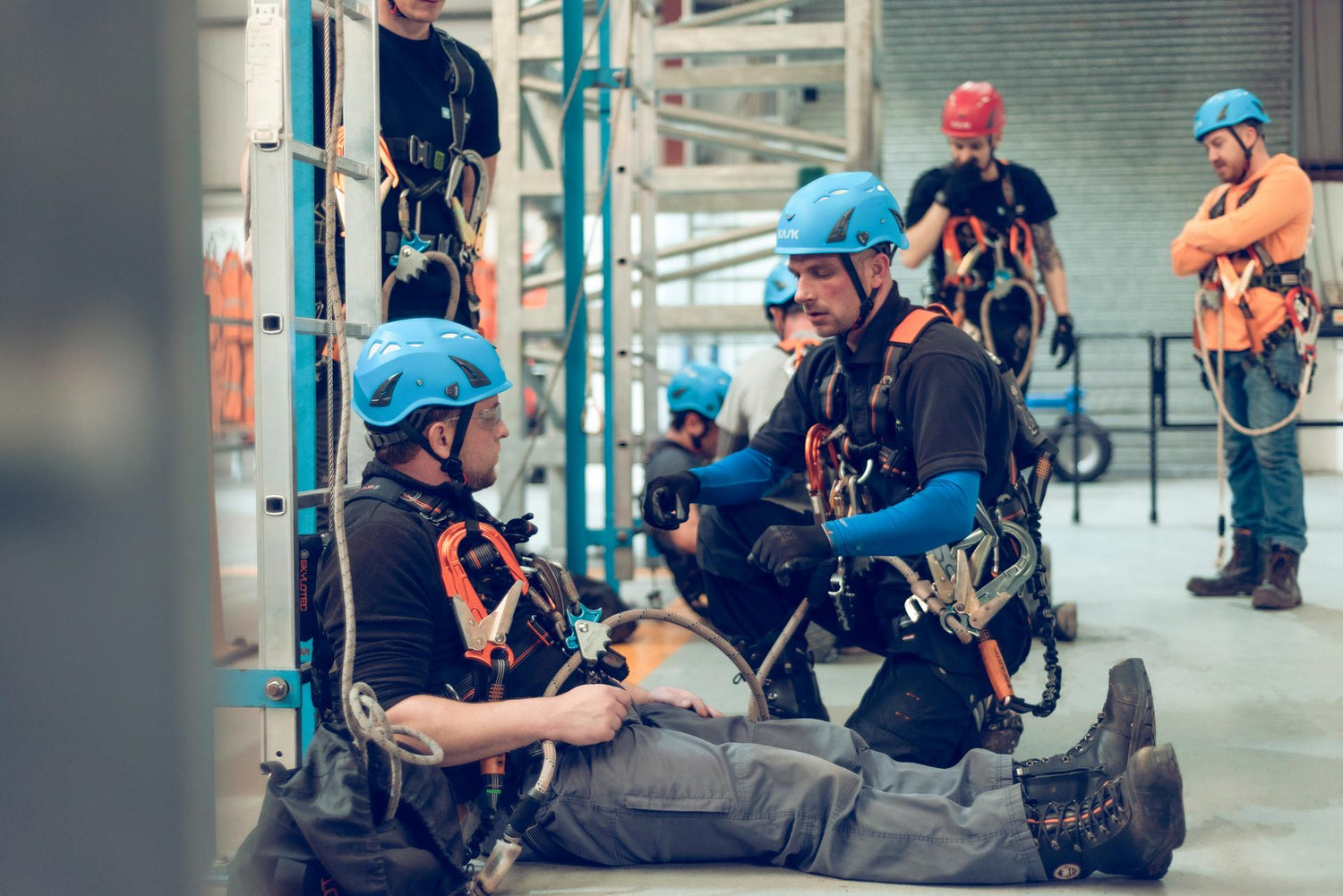Wind Training UK
GWO Basic Technical Training
GWO Basic Technical Training
Couldn't load pickup availability
What is GWO BTT?
The purpose of the Global Wind Organisation (GWO) Basic Technical Training (BTT) is to provide individuals working in the wind turbine industry with fundamental technical skills and knowledge. This training is aimed at equipping technicians with a solid understanding of the mechanical, electrical, and hydraulic systems of wind turbines.
Share


Basic Information
Duration: 5 Days
Prerequisites
WINDA Registration: Before attending a GWO BTT course, participants must be pre-registered with WINDA (Wind Industry Networking Database Association).
Renewal:
GWO Basic Technical Training itself does not need to be renewed. It's considered a foundation course and unlike some other GWO safety training modules, the BTT has no expiry date.
Course Modules
Mechanical - 2 days
Components and Operation: This module delves into the key parts of a wind turbine, including the tower, nacelle, blades, drivetrain, and generator. You'll learn how these components work together to convert wind energy into electricity.
Mechanics and Safety: The focus here is on understanding mechanical systems like gearboxes and brakes, along with the potential hazards associated with them. You'll explore safe working practices to minimize risks during maintenance tasks.
Bolted Connections: This section covers the different types of bolted connections used in wind turbines, along with proper inspection techniques to ensure their integrity. You'll learn about torque and tension requirements for safe and secure bolted joints.
Tools and Techniques: The module equips you with the skills to use various manual tightening tools like wrenches and torque wrenches. You might also be introduced to basic hydraulic tightening tools used for larger bolts.
Electrical 1.5 day
Electrical Fundamentals: This section provides a foundational understanding of electricity, covering concepts like voltage, current, and resistance. You'll learn about electrical safety principles to prevent accidents from electrical hazards.
Electrical Components: The module dives into the different electrical components found in wind turbines, including transformers, converters, and control systems. You'll gain basic knowledge of their function and purpose.
Circuits and Measurements: This section explores electrical circuits within wind turbines and how to safely work around them. You might learn about basic electrical measurements using tools like multimeters.
Safe Working Practices: The key takeaway here is understanding and following safe working procedures for electrical systems. This includes lockout/tagout protocols, proper use of personal protective equipment (PPE), and hazard identification.
Hydraulic - 1.5 days
Hydraulic Systems Basics: This section introduces the fundamentals of hydraulic systems used in wind turbine operations. You'll learn about the core components like pumps, valves, and actuators, and how they work together.
Safe Practices: A crucial aspect of this module is understanding the safety hazards associated with hydraulic systems, such as pressurized fluids and potential for leaks. You'll learn safe working procedures to minimize risks.
Components and Tools: The focus here is on gaining familiarity with different hydraulic components like cylinders, hoses, and fittings. You might also be introduced to the proper use of basic hydraulic tools used for maintenance tasks.
Bolt Tightening - 1 day
Tightening Principles: This module delves into the science behind bolt tightening, covering topics like torque, tension, and the relationship between them. You'll learn about different tightening methods and their applications.
Calculations and Tools: The focus here is on understanding how to calculate the required torque or tension for specific bolt applications in wind turbines. You'll be introduced to various tightening tools like torque wrenches and hydraulic tensioners, learning their safe operation.
Procedures and Documentation: This section emphasizes the importance of following proper procedures for bolt tightening, including pre-tightening checks, final torque/tension application, and accurate documentation of the process.

Benefits
The biggest benefit of getting GWO certified training is increased safety and opportunity in the wind energy industry.
A GWO certification demonstrates to potential employers that you possess the necessary skills and knowledge to work safely and effectively in wind energy4This can give you a significant edge in a competitive job market.
GWO certification is a globally recognized standard in wind energy, so it's valid across various countries and companies. This opens doors to a wider range of career opportunities.

Compliance with Industry Standards
The training helps participants and their employers comply with international safety standards and regulations. This compliance is crucial not only for legal and regulatory reasons but also for enhancing the industry’s overall safety performance.

Why Maersk Training?
Consider Maersk Training for your wind energy courses because they offer:
Extensive experience: Over 12 years training in the wind industry - First GWO approved provider in the world.
Safety focus: Their training emphasizes safe working practices crucial in wind farms
Industry knowledge: Instructors have real-world experience to prepare you for the job .
Maersk Training can help you gain the skills and knowledge needed for a successful career in wind energy.
How It Works
-
Step 1
Identify the specific GWO training modules for your desired wind energy role and decide if you want on-site training or a mix of digital and on-site (blended).
-
Step 2
Once you've chosen the right course, register and pay online. You'll receive a confirmation email instantly.
-
Step 3
After enrolling, you'll receive a separate email with detailed joining instructions for the training session.
-
Step 4
Attend your scheduled training session. Each GWO module includes theoretical and practical assessments you need to pass for certification.
-
Step 5
Upon successful completion and passed assessment, you'll receive your official GWO certificate from Maersk Training.

